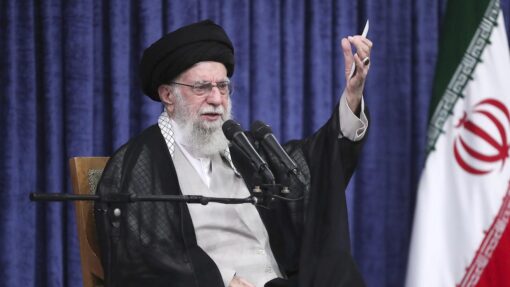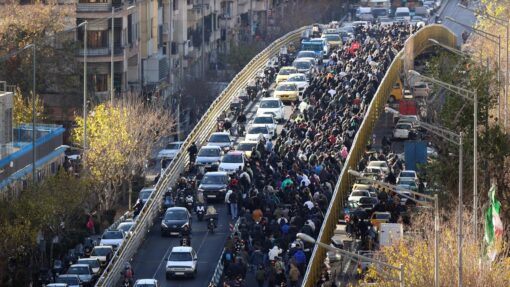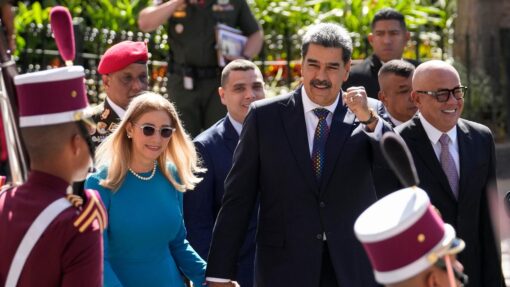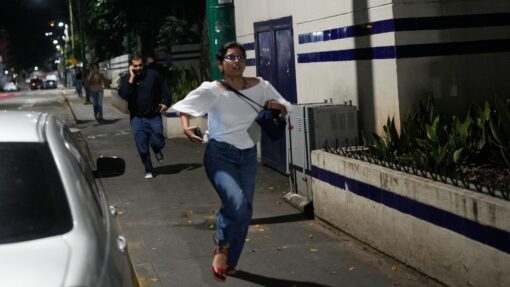Israel hits Evin jail, strikes on Tehran ‘biggest yet’
|
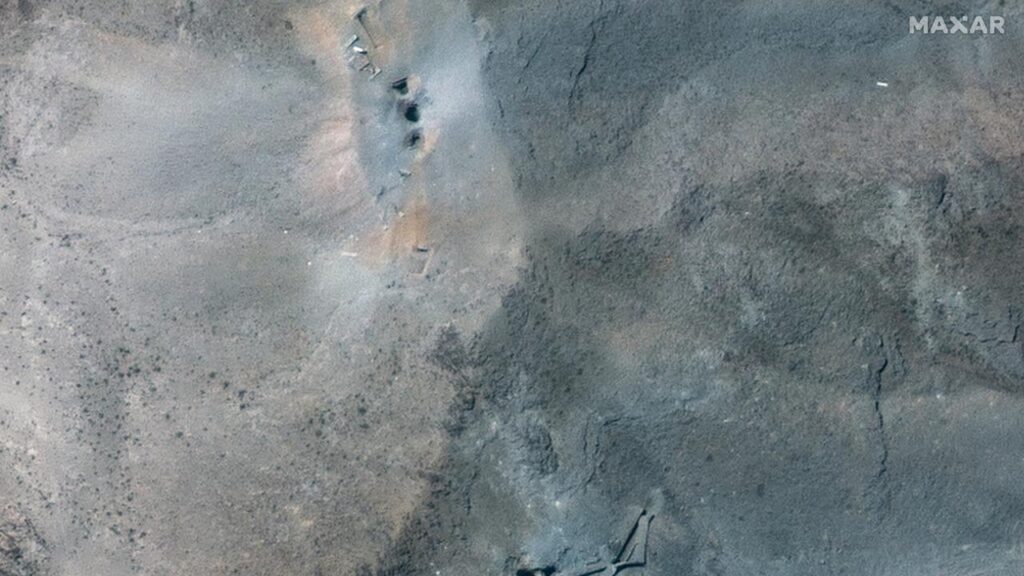
Israel targeted Evin prison in Tehran, one of the most potent symbols of Iran’s governing system, in what Israel called the most intense bombing yet of the Iranian capital, a day after the United States joined the war by blasting nuclear sites.
Iranon Monday repeated earlier threats to retaliate against the United States. But it had yet to do so in a meaningful way more than 24 hours after US bombers dropped 13,600 kg bunker-busters on its underground nuclear sites, while US President Donald Trump openly mused about overthrowing the Iranian government.
Oil prices barely budged on the first trading day after the US joined the war, suggesting traders doubted Iran would follow through on threats to disrupt oil supplies from the Gulf.
The Mizan news outlet of Iran’s judiciary confirmed that the prison had been hit. It said part of the building was damaged but the situation was under control.
A video posted by Israeli foreign minister Gideon Saar on X showed an explosion at a building with a sign identifying it as an entrance to Evin prison in northern Tehran and the accompanying words: “Viva la libertad!” – Spanish for ‘Long live liberty.’
Evin has been the primary prison for housing political detainees and security prisoners, notably since Iran’s 1979 revolution, and the site of executions that remain potent symbols for the opposition.
Israeli Defence Minister Israel Katz made clear that Israel was no longer limiting its attacks to its initial stated targets such as Iran’s nuclear program and missiles, and would go after the Tehran government’s ability to maintain power.
“The IDF is currently striking, with unprecedented force, regime targets and governmental repression bodies in the heart of Tehran,” he said in a statement.
Since Trump joined Israel’s campaign by dropping massive bunker-buster bombs on Iranian nuclear sites on Sunday morning, Iran has repeatedly threatened to retaliate.
But while it has continued to fire missiles at Israel, it has yet to take action against the United States itself, either by firing at US bases or by targeting the 20 per cent of global oil shipments that pass near its coast at the mouth of the Gulf.
“Mr Trump, the gambler, you may start this war, but we will be the ones to end it,” Ebrahim Zolfaqari, spokesperson for Iran’s Khatam al-Anbiya central military headquarters, said on Monday in English in a recorded video statement.

Trump’s administration has repeatedly said that its aim is solely to destroy Iran’s nuclear program, not to open a wider war. But in a social media post on Sunday, Trump spoke of toppling the hardline clerical rulers who have been Washington’s principal foes in the Middle East since Iran’s 1979 revolution.
“It’s not politically correct to use the term, ‘Regime Change,’ but if the current Iranian Regime is unable to MAKE IRAN GREAT AGAIN, why wouldn’t there be a Regime change??? MIGA!!!” he wrote.
Experts surveying commercial satellite imagery said it appeared that the US attack had severely damaged the site of Iran’s Fordo nuclear plant, built inside a mountain.
Trump called the strike a “Bullseye!!!”
Israel’s air strikes on Iran have met little resistance from Iranian defences since Israel launched its surprise attack on June 13, killing many of Iran’s top commanders.
But Iran’s ability to retaliate is far more limited than a few months ago, since Israel inflicted defeat on Iran’s most feared regional proxy force, Hezbollah in Lebanon. Iran’s most powerful client ruler, Syria’s Bashar al-Assad, fell soon after.
Iran’s most effective threat to hurt the West would be to restrict global oil flows from the Gulf, but oil prices have not shot up to crisis levels.
Iranian MPs have discussed shutting the Strait of Hormuz that leads into the Gulf, though no decision has been taken. US Secretary of State Marco Rubio played down the threat.
“It’s economic suicide for them if they do it. And we retain options to deal with that,” he said.
Reuters